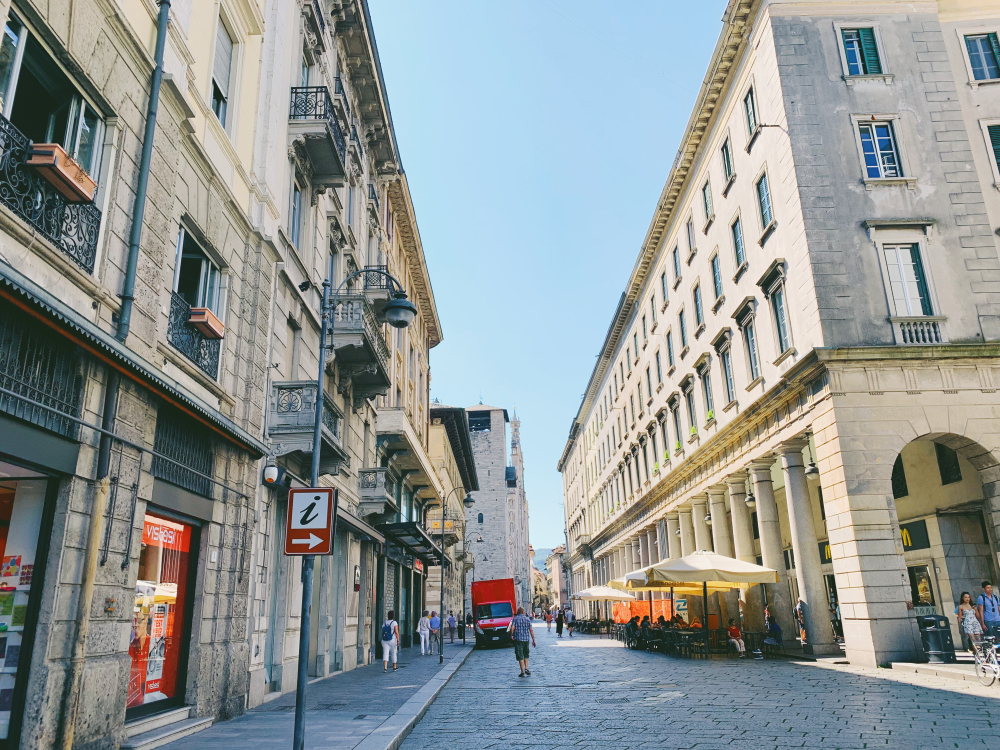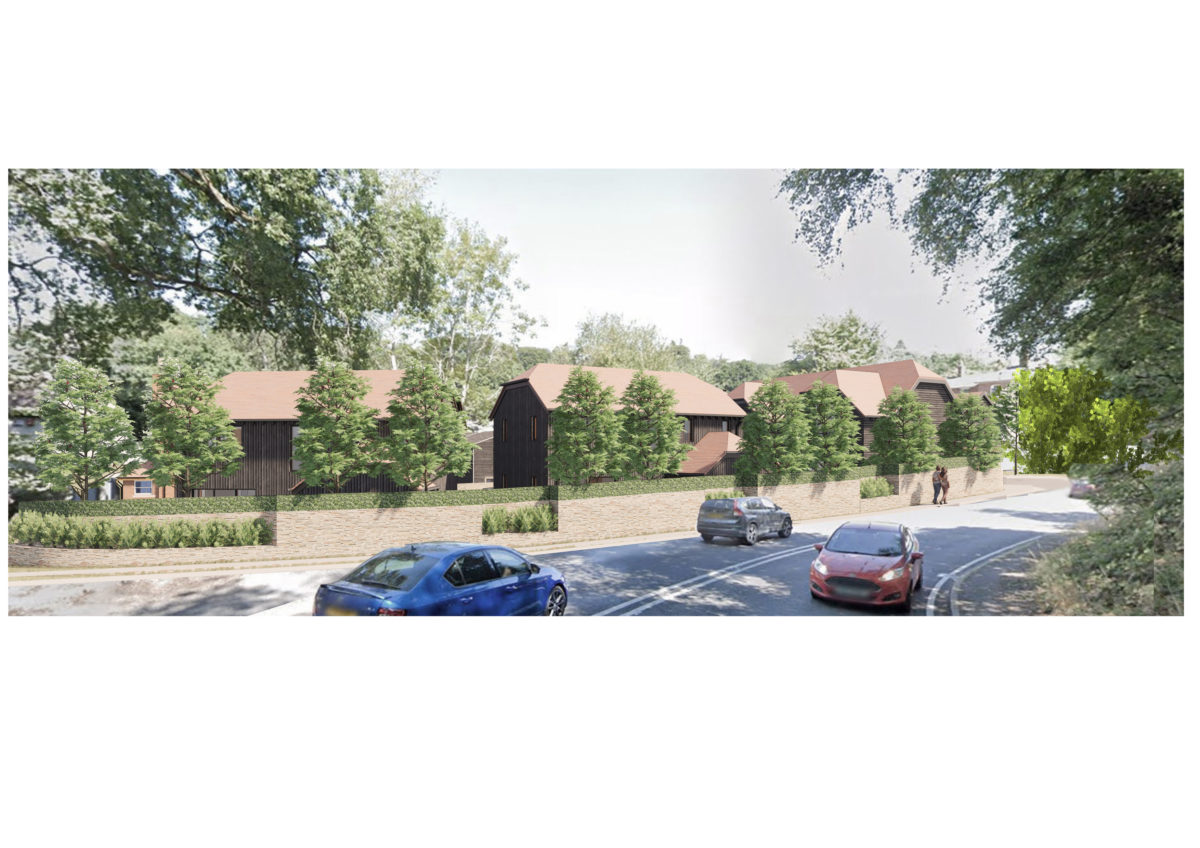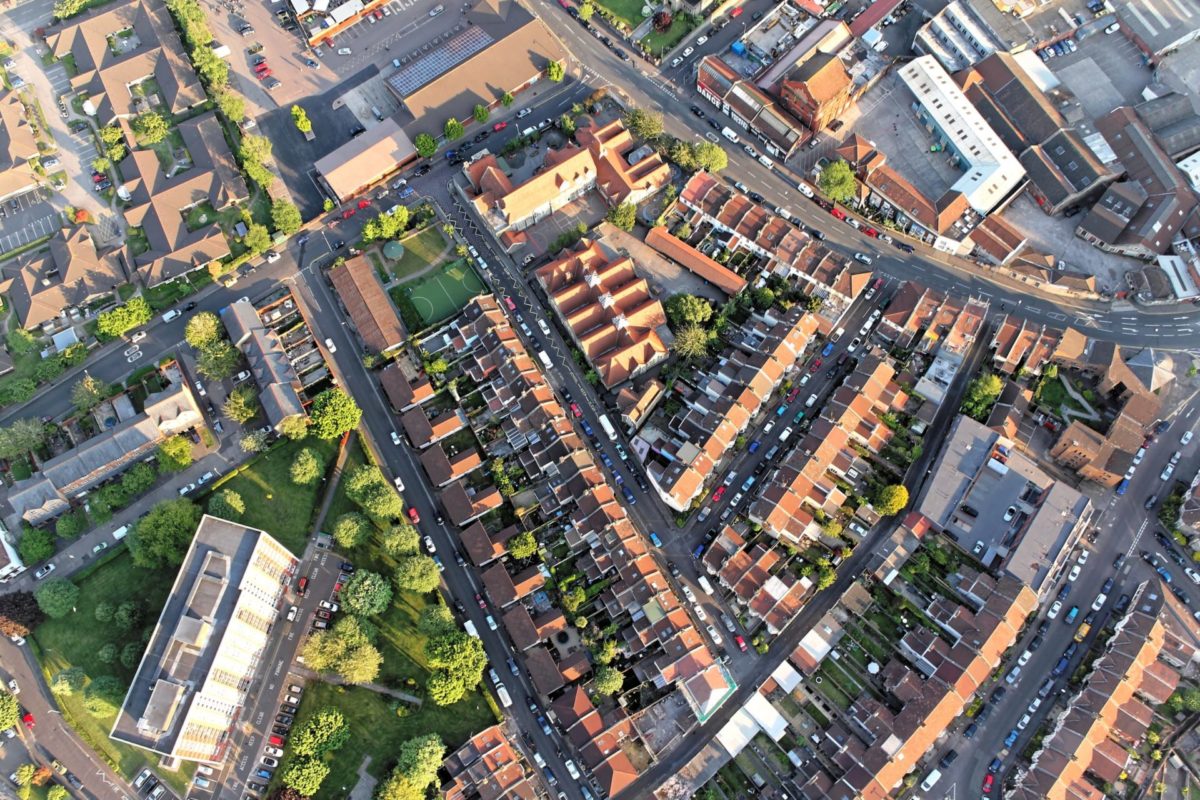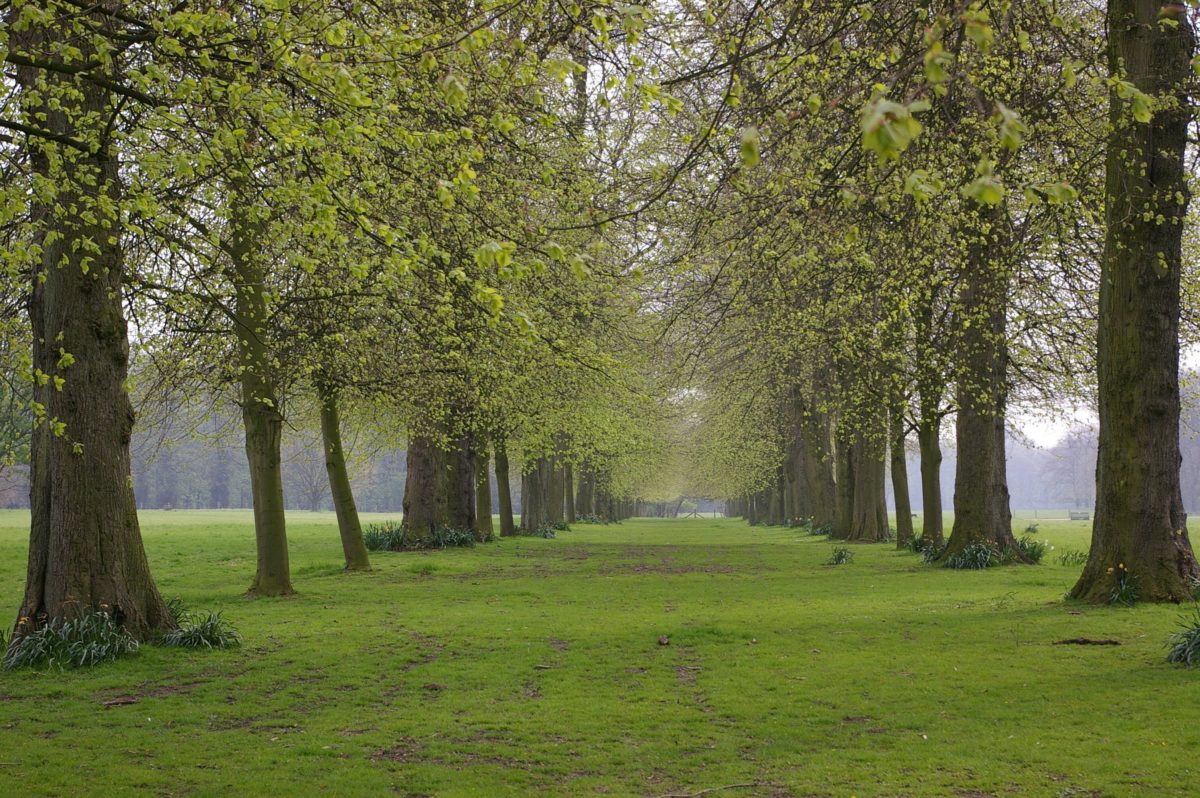

Effectively communicating the economic benefits of self-storage schemes in retail or commercial locations
Self-storage, as a modern concept, originally made its way over the Atlantic from the US and, whilst it has now been commonplace in the UK for several decades, it remains a relatively alien concept to many including Local Planning Authorities (LPA’s). This can create a significant challenge for planning applications, with perhaps the greatest being the communication of the economic benefits of self-storage, particularly given these uses are often proposed in retail or commercial locations.
LPA’s can form the view that such uses are not great employment generators and therefore economically limited in providing benefits. In reality, self-storage is not simply about individuals storing their ‘junk’. Increasingly, self-storage units are being seen by many as highly affordable and flexible bases for low level, start-up and entrepreneurial businesses. There is a continuing trend in using self-storage units for a whole host of different small business uses, often providing the necessary stepping stone before a business can afford purpose-built premises. Van hire, removals and delivery services also benefit from self-storage, with commercial and domestic customers alike regularly depending upon rental and courier services, Accordingly, self-storage has far more to offer economically than might be first assumed, helping to support the drive success for a plethora of existing new businesses. Our role is to convey these benefits in a way that is sensitive and promotes the development positively. This approach aims to demonstrate that self-storage proposals have significant economic benefits but are relatively low impact and so do not need to be unduly restricted through planning conditions.
The recent planning permission obtained for a new store in Leckwith (Cardiff) is an example of where the economic benefits of self-storage were explained from the outset which resulted in Officer support without contention. this proposal was for the change of use of a vacant unit on a protected employment site and, whilst self-storage did not fall within a typical B8 Use Class (storage and distribution) nor generate on-site employment, the wider economic and employment benefits were accepted by the Council.
Another main challenge when seeking to achieve planning permission for self-storage is that typically, commercially desirable locations are those where people might not expect to see a building which technically falls within a B8 use. It is, therefore, necessary to justify why they should be located in a more retail/service led business park and not simply hidden away amongst warehouses on industrial estates. A significant proportion of self-storage customers are still domestic end users and therefore locating self-storage premises in service/retail park locations is entirely complementary to the surrounding uses, helping to improve the ‘destination’ offering of these locations.
Given that self-storage premises often need to be located in more service/retail led locations typically low quality and utilitarian finishes will generally be resisted by Council. Lok’ nStore, in particular, have been able to produce buildings in more prominent public facing locations. We have recently secured permission for a new Lok’ nStore building at Triangle Park in Gloucester on a site adjacent to both a Costa Coffee store and a large Morrisons supermarket.
Our understanding of the varied and complex issues surrounding self-storage means that we are very well placed to provide the full range of planning consultancy services to such clients, often pivotal to achieving planning permission. Our experience also means that we have an excellent insight into how to serve such clients and how to add value to their business by justifying proposals in the locations which are most commercially viable.











